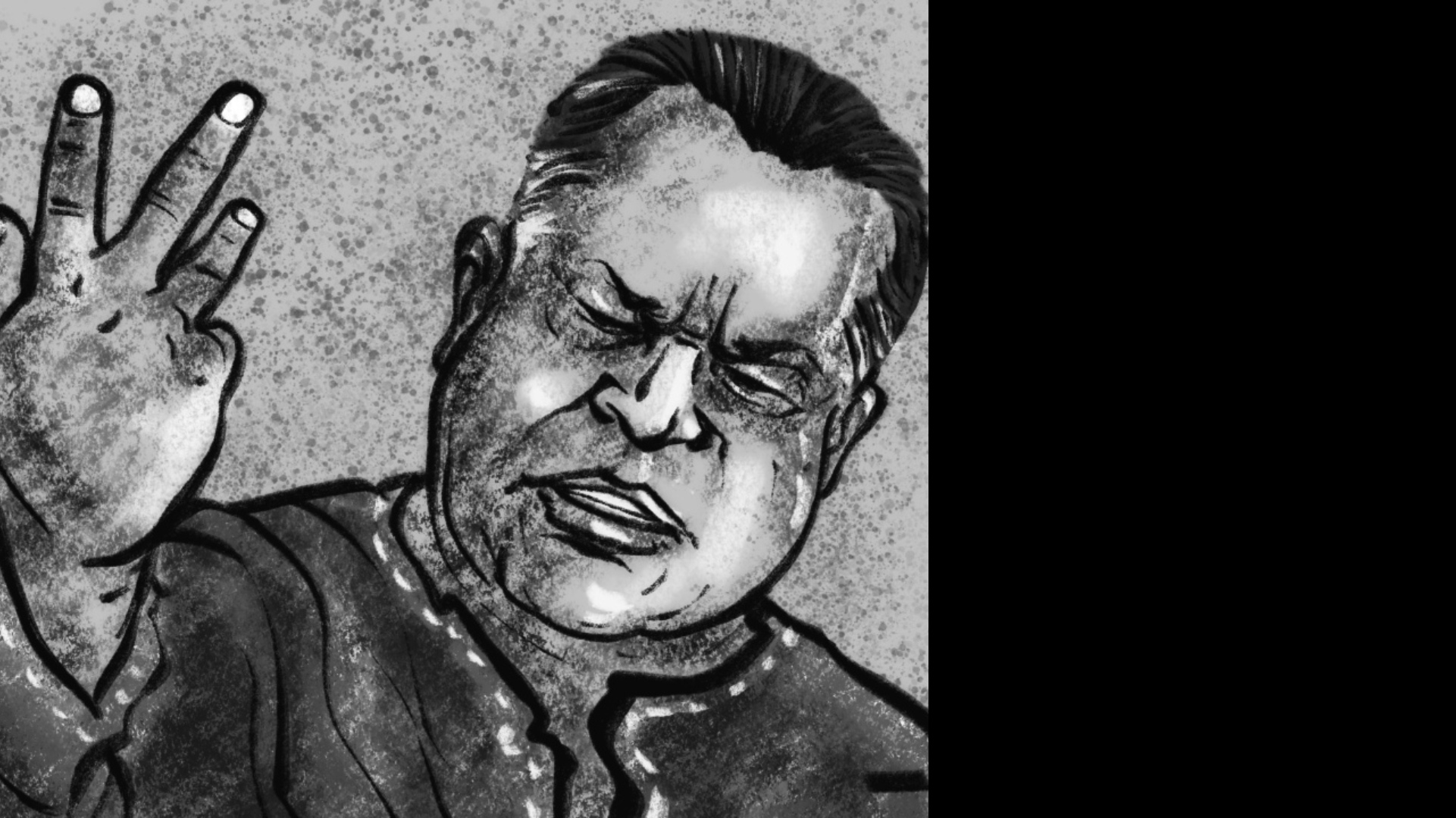An introduction: Maharashtra’s tradition of ‘shahiri’ is several centuries old. In the last few decades of the 18th century, under the influence of Mahatma Phule’s Satyashodhak Samaj, it was transformed into a musical weapon of the masses, against the caste system. By the 1930s, the ‘Satyashodhaki jalsa’ was in decline, but a powerful new force had emerged in its place: ‘Ambedkari jalsa’. Ambedkari jalsa represented the teachings and philosophy of Dr BR Ambedkar in oral form, accompanied by songs. Over a journey that is close to completing a century, many Ambedkarite shahirs have helped hone shahiri as an anti-caste tool. This series on Maharashtra’s shahirs explores the lives and work of 15 greats. This is part twelve of the series. — Art by Satwick Gade *** It is difficult — if not impossible — to remain unaffected by the world if one engages in and is exposed to music and literature. Most practitioners of such art have, at some point in their careers, witnessed a transition taking place in their minds, about their perspectives towards the world. Such is also the case of poet Suresh Bhat, who was known as a ‘ghazalkar’. Born on 15 April 1932, Suresh Bhat significantly contributed to the tradition of Ambedkarite shahiri through his songs and ghazals about Dr Ambedkar and Buddha, despite taking a few faulty political stands. Born into a Karhade Brahmin family in a district of Amaravati, he later converted to Buddhism and fought against Brahmanical notions both in his personal and social life. Bhat was never good at studies. He contracted polio in his childhood, which had an impact on the rest of his life. His inability to pass the BA exams and the physical deformity in his right leg meant that he was humiliated both at home and outside it. It was in Nagpur, where he read first read Ambedkarite literature and learnt about the movement, that he found the strength to fight against this humiliation.
The basis for this humiliation was the same as the basis for caste discrimination — the rejection and denial of anyone who is not considered ‘normal’ or a legitimate member of society.
In his words, one can identify the emergence of the conscience of Ambedkarite literature. Unlike other Brahmin poets and writers, he did not consider his work and life as being separate. This meant that he could respond to and speak about the stark realities of life through his poems. [imgcenter]
Although he did not speak about this crucial moment of his life, his work illustrates his commitment towards spreading Ambedkar’s thoughts.
His words continue to live on; I found reminders of Suresh Bhat in the villages of Vidarbha. A line from one of his poems, which has been adapted into a song and sung by many Ambedkari singers, had been painted outside houses, above the front door, or on the facades of structures: तुझेच धम्म चक्र फिरे जगावरी (Your Wheel of Dhamma (Buddhism) Traverses Across The World). This is a line from the poem ‘Buddha Vandana’, which speaks about the potential to consolidate the struggles of Dalits against the casteist society into a global force. *** Also read parts one , two , three , four , five , six , seven , eight , nine , ten and eleven of this series. Yogesh Maitreya is a poet, translator and founder of Panther’s Paw Publication, an anti-caste publishing house. He is pursuing a PhD at the Tata Institute of Social Sciences, Mumbai.


)
)
)
)
)
)
)
)
)



